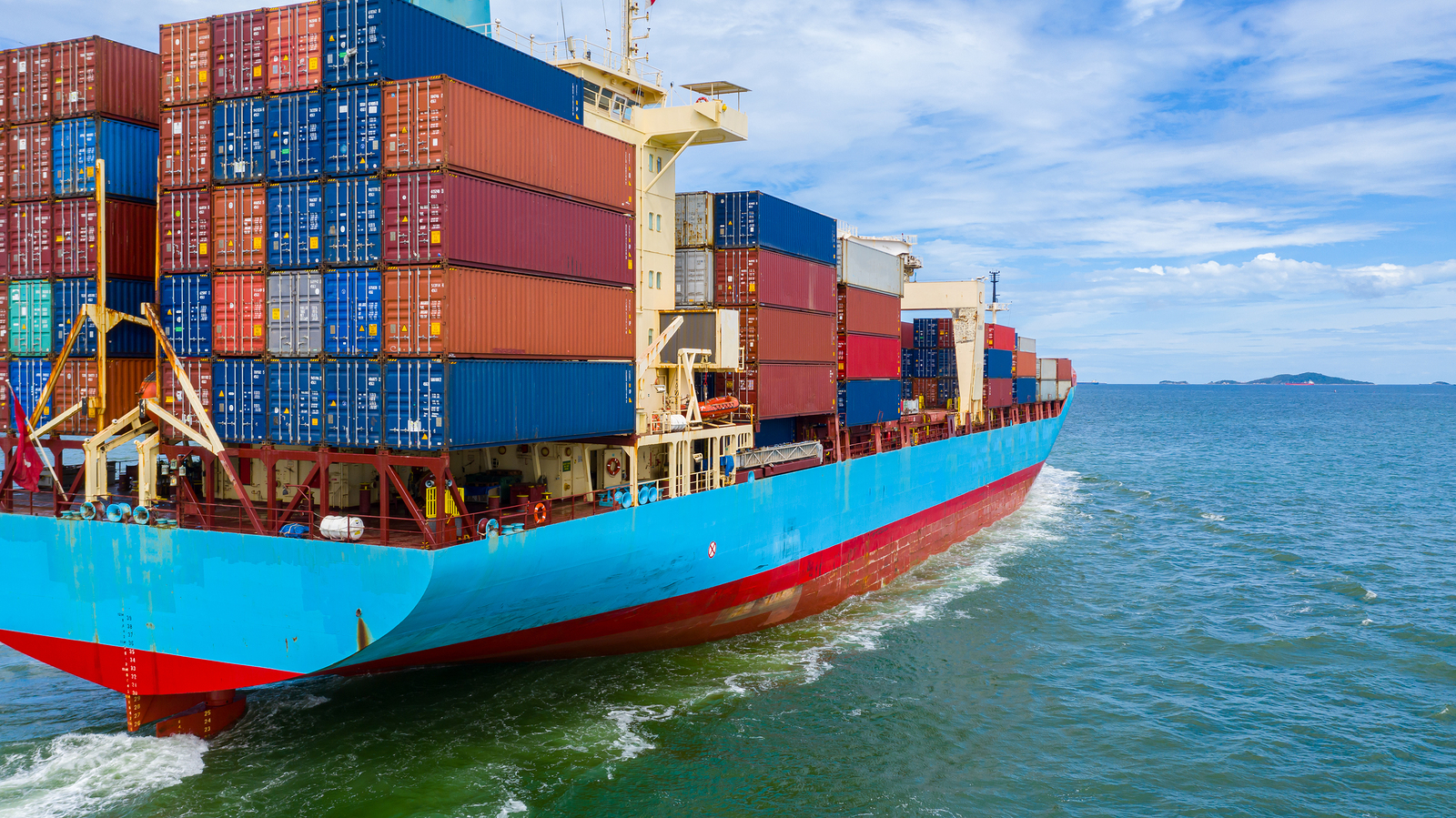



Article by: Hari Yellina
According to the Tractor and Machinery Association of Australia, delays at Australian ports are the latest difficulty facing the machinery supply chain. While 12- to 18-month wait times for new machinery were predicted, TMA executive director Gary Northover warned that reports of serious ship unloading backlogs were now appearing. “Members are highlighting difficulties including excessively long quarantine delays due to a lack of appropriately educated people to process farm machinery and excessively expensive container charges, which are frequently three to four times higher than typical,” Mr Northover added. This, along with a container shortage, has forced certain suppliers to use roll-on, roll-off for products that would otherwise be containerized.
Ship loading and discharging delays are becoming more of a problem in Port Kembla, Brisbane, Melbourne, and Fremantle, according to Wallenius Wilhelmsen Oceania logistics services senior vice president Kim Buoy. For the worldwide shipping company, Mr Buoy said the delays ranged from one to two days, and in some cases up to a week. He explained that “recent weather concerns in Queensland and NSW have resulted in reduced capacity in Brisbane and Port Kembla.” “Vessels have bypassed Brisbane and Port Kembla in order to transship their cargoes through Melbourne.” Sal Milici, the head of border and biosecurity for the Freight and Trade Alliance, was one of the speakers at the Australian Bureau of Agricultural and Resource Economics and Sciences Outlook virtual conference last month.
Mr Milici remarked during a biosecurity session that “shipping is dysfunctional at the moment” and that the entire industry is hurting. He claimed that high expenses and logistical issues made getting items into containers and aboard ships challenging. “Similarly, some of the issues the Department of Agriculture has experienced have created challenges when navigating the border,” Mr Milici added. Mr Buoy said that the port operators’ ability to anticipate the amount of units held in quarantine by DAWE was limited, causing cargo congestion. He, on the other hand, stated that his organisation did not believe this was a major issue. “While quarantine/DAWE inspects and holds agricultural machinery, the main difficulty is the sheer volume of passenger vehicles, which is also the main concern.”
Often, shipping lines’ port rotations are adjusted on short notice to minimise delays – despite the fact that this causes delays at the terminals owing to the rush of commodities. The Department of Agriculture, Water and the Environment said it was aware of delays for some importers at the Australian border, according to a representative. “These are due to a mix of large volumes of arriving cargo, our borders reopening to passengers and cruise ships, shifting biosecurity risk profiles, and the continued implications of COVID-19, both throughout the department’s staff and at third-party premises,” according to the spokeswoman.
Mr Northover added that there were allegations that shipping companies were not devoting as many ships to Australia because it was too expensive and inefficient for them. Mr Buoy, on the other hand, stated that shipping lines would always strive to strike a balance between ship supply and cargo demand. “I believe overall shipping capacity into Australia will stay unchanged,” he said, “but the frequency and cost of particular shipping choices may be impacted.” Mr. Buoy predicted that delays would persist throughout the rest of 2022 and into 2023.